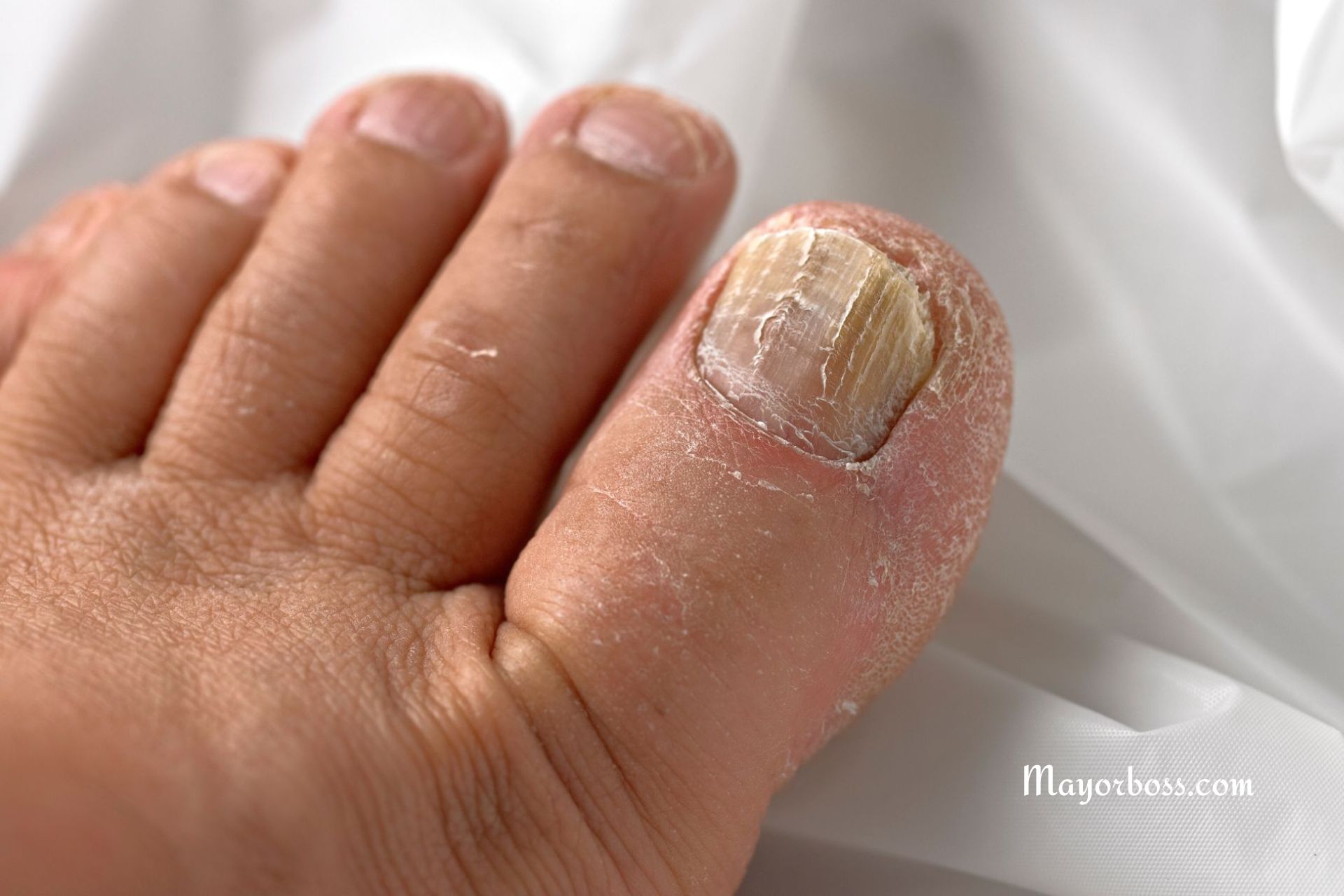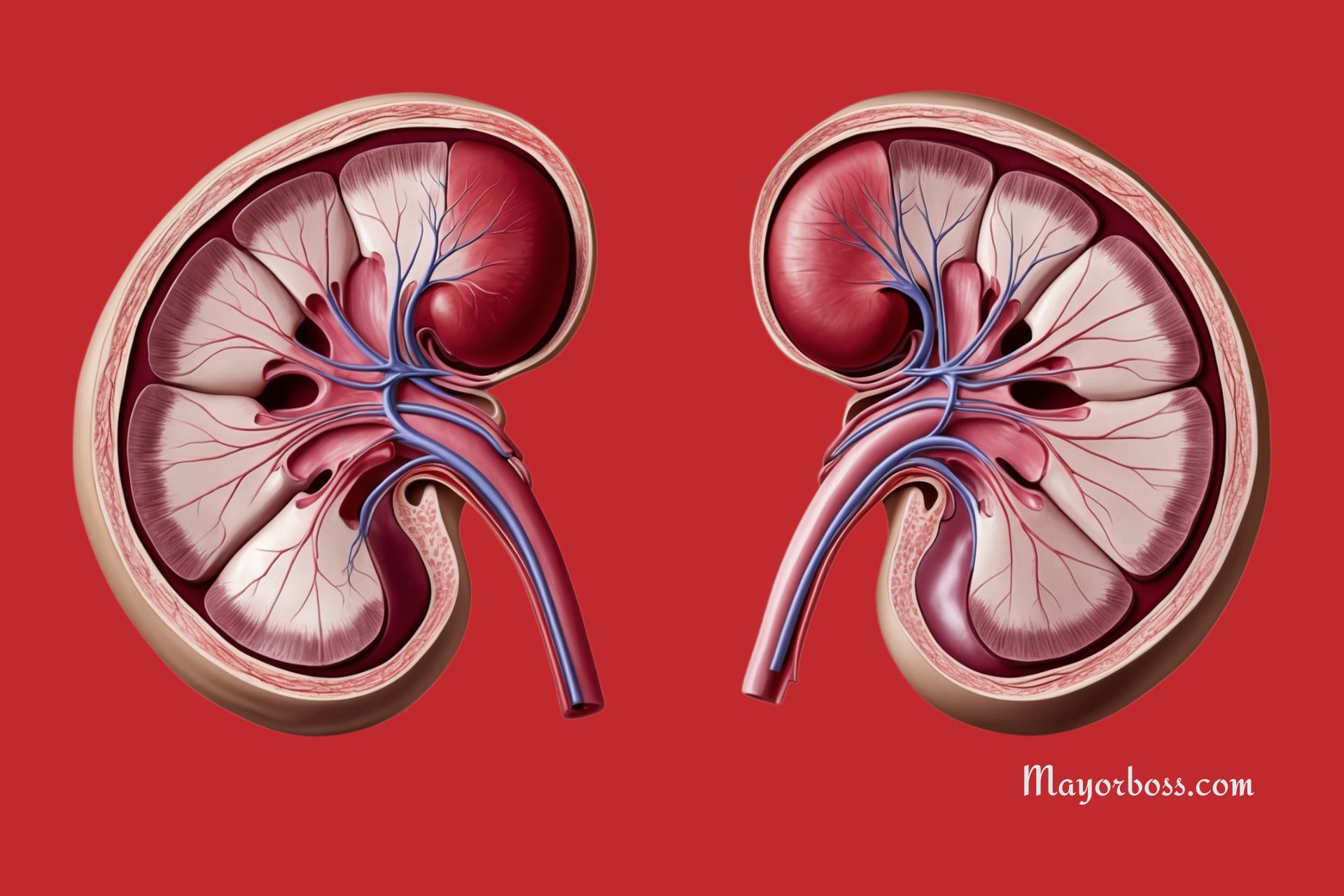Tightness in Chest when Breathing: Why it Happens and How to Get Rid of It
Experiencing tightness in the chest while breathing can be a cause for concern, and understandably so. It can sometimes feel like your chest is constricting, making it harder for you to take deep breaths, or you might even feel as though an invisible weight is pressing down on you. Chest discomfort and breathing difficulties are common symptoms related to various heart and lung conditions. But what exactly is this phenomenon?

What is Chest Tightness?
Chest tightness, medically referred to as chest compression, is a sensation of pressure or discomfort in the chest area. This feeling can occur when you’re breathing in or out and can vary greatly from person to person. Some may describe it as a squeezing sensation or a feeling of fullness in the chest.
Causes of Chest Tightness when Breathing
Chest tightness while breathing can stem from a wide array of conditions, some benign and others more serious. The key is to pay attention to the specific characteristics of your discomfort so that you can communicate effectively with your healthcare provider. Here are a few common causes:
- Asthma: This is a chronic condition that inflames and narrows your airways, making it difficult for air to move in and out of your lungs. Asthma can often cause chest tightness, shortness of breath, wheezing, and coughing.
- Anxiety: In stressful situations, your body’s “fight or flight” response can lead to rapid breathing (hyperventilation), increased heart rate, and chest tightness. This is often accompanied by feelings of worry or fear.
- Heart Conditions: Various heart conditions, such as coronary artery disease, heart attack, or angina, can cause chest pain or tightness. These conditions are actually serious and require immediate medical attention.
- Pneumonia: An infection in one or both lungs can cause chest tightness, along with coughing, fever, and fatigue.
- Gastroesophageal Reflux Disease (GERD): This condition happens when stomach acid repeatedly flows back into your esophagus, hence, causing heartburn and sometimes chest discomfort.
Acute and Chronic Chest Tightness
Chest tightness are usually classified into acute and chronic depending on how quickly they appear and how long they last.
Acute Chest Tightness
Acute chest tightness appears suddenly and doesn’t last long (typically hours to a few days). Causes can include anxiety, intense physical exercise, and certain medical conditions such as a panic attack or even a heart attack.
Chronic Chest Tightness
Chronic chest tightness is a long-lasting sensation that persists for several weeks or longer. This can be a symptom of ongoing health conditions such as asthma, COPD, or heart disease.
How to Ease Chest Tightness
The treatment for chest tightness hinges largely on its cause. If you have an underlying health issue, you’ll need to address it to alleviate your symptoms. Here are some general strategies that can help:
- Exercise Regularly: Exercise can strengthen your heart and lungs, reducing the frequency and severity of chest tightness.
- Practice Relaxation Techniques: Deep breathing exercises, meditation, and yoga can help you manage stress, which can, in turn, alleviate chest tightness related to anxiety.
- Medication: If your chest tightness is caused by conditions such as asthma or GERD, specific medications can help manage your symptoms.
- Lifestyle Changes: If you’re a smoker, quitting can significantly reduce chest tightness. Limiting caffeine and alcohol and maintaining a healthy weight can also be beneficial.
When to Seek Medical Attention
While occasional chest tightness isn’t usually cause for alarm, it’s crucial to know when to seek medical attention. If your chest tightness is severe, persistent, or accompanied by other serious symptoms such as shortness of breath, dizziness, sweating, or pain radiating to your jaw, neck, or arm, seek immediate medical help. These could be signs of a heart condition that requires urgent treatment.
In conclusion, chest tightness when breathing can stem from a variety of conditions, ranging from anxiety to serious heart problems. Regular exercise, stress management, appropriate medications, and healthy lifestyle choices can all play a part in managing this discomfort. As always, if you have any concerns about chest tightness or any other health issues, don’t hesitate to consult with a healthcare provider.
Further Reading: Causes of Chest Pain That You Should Know






